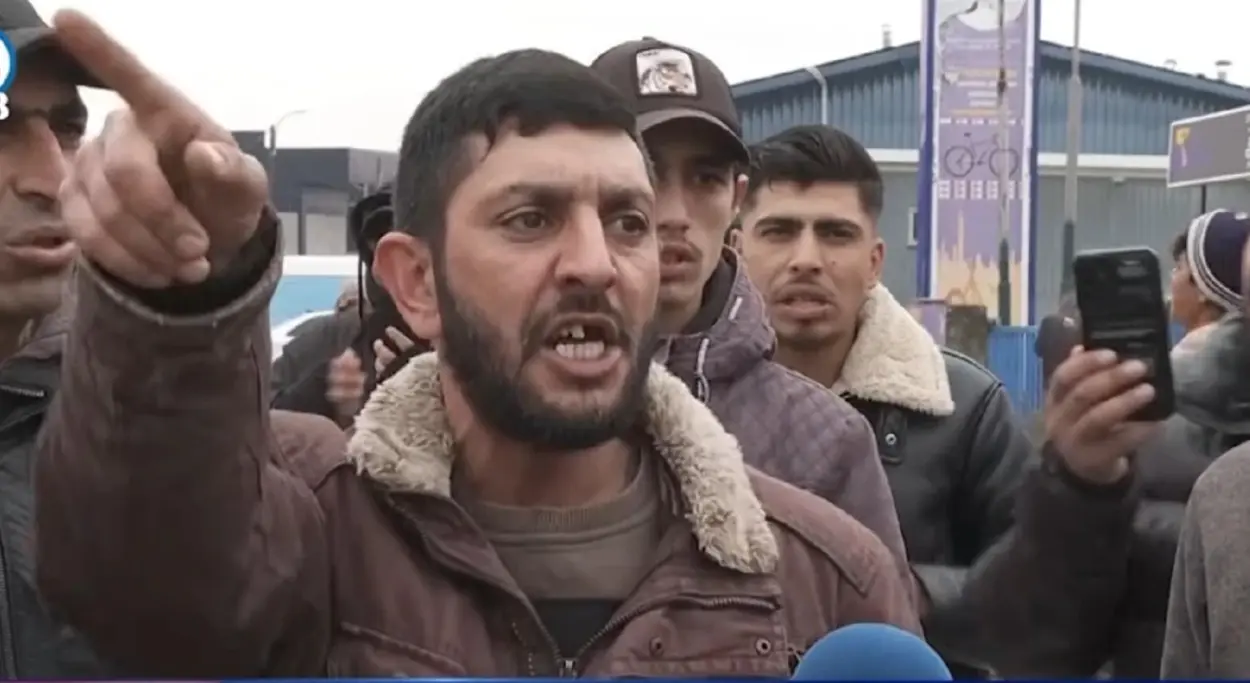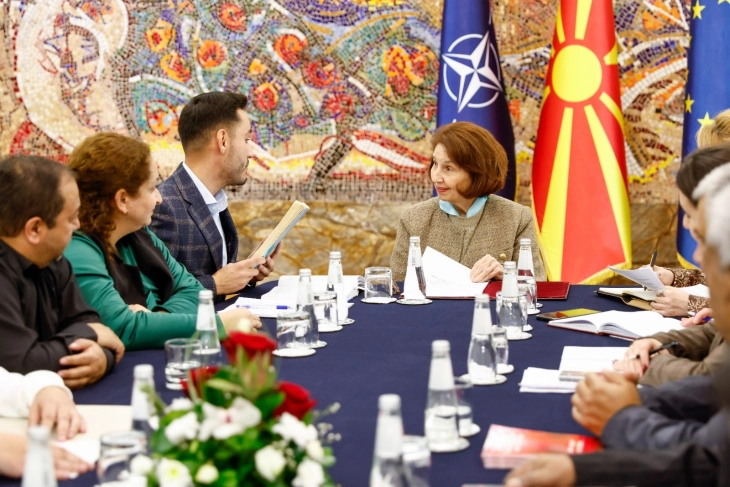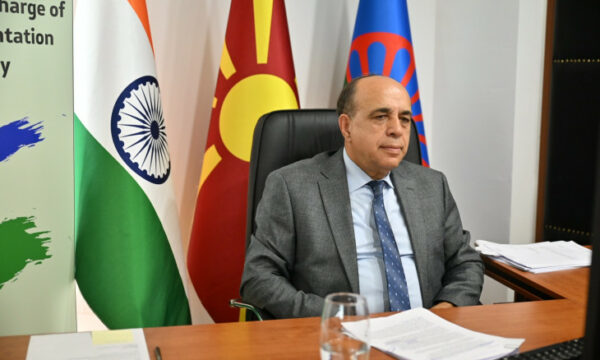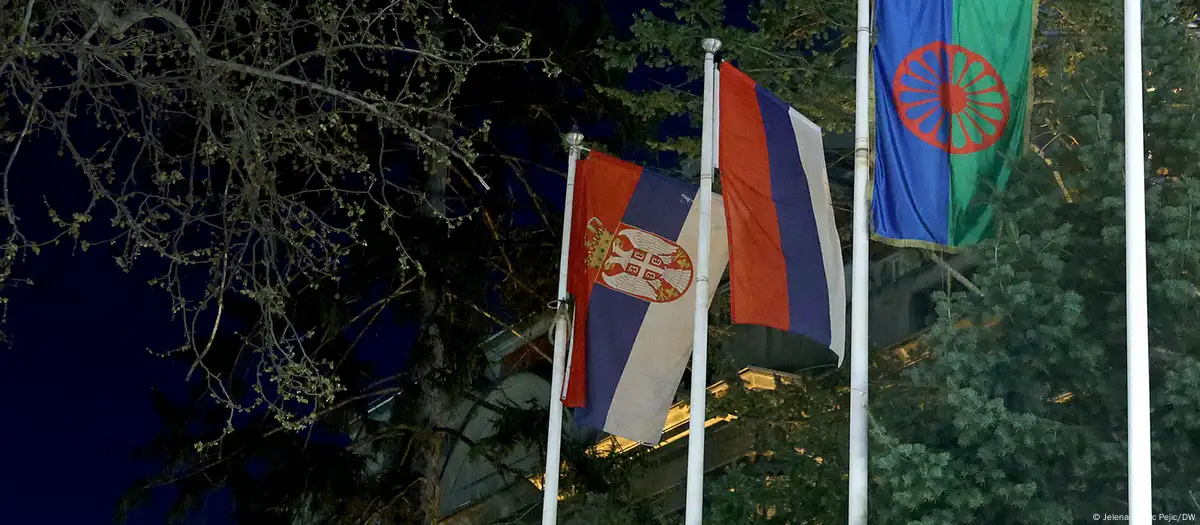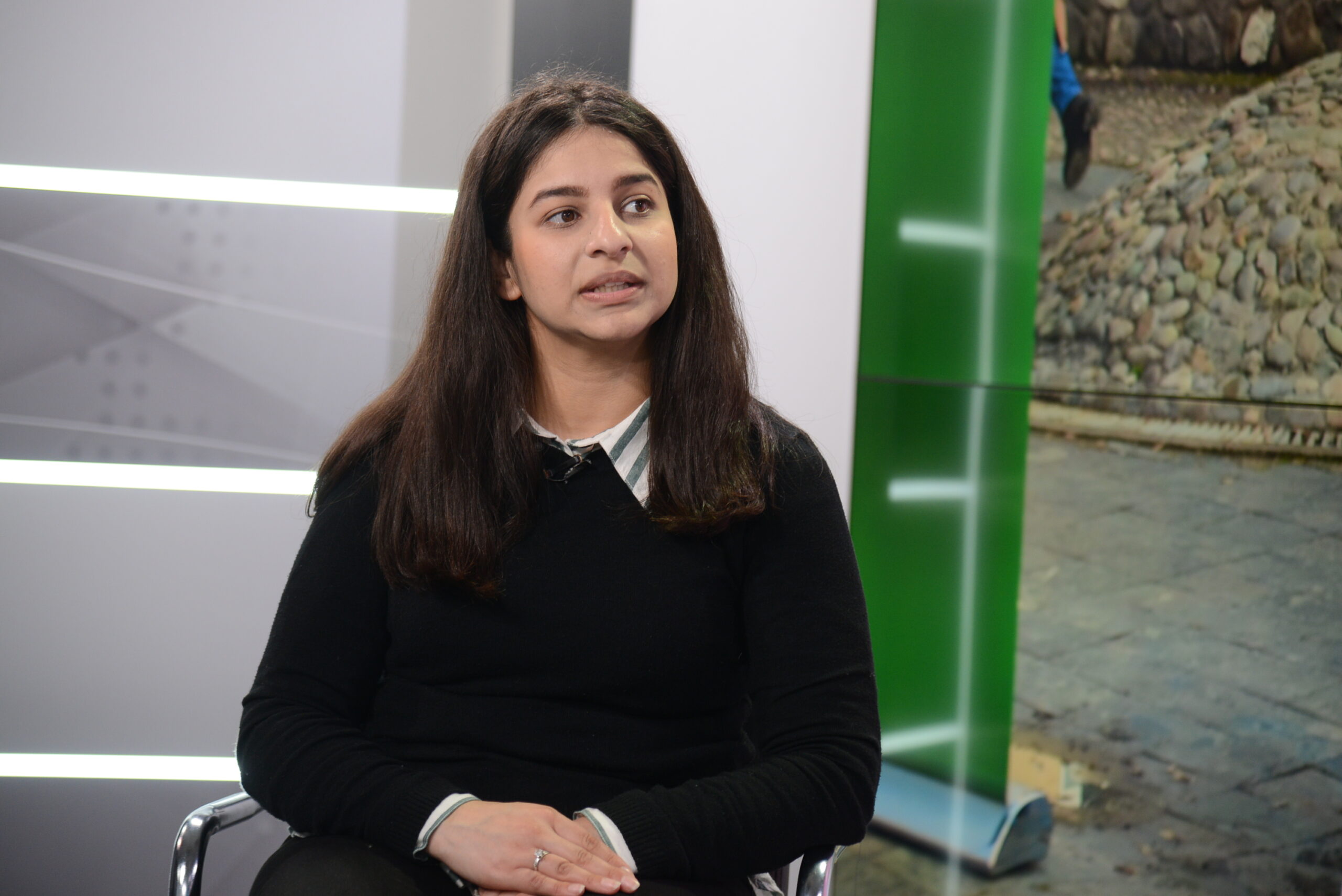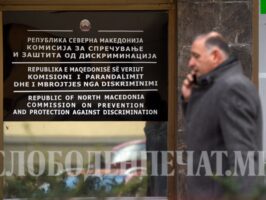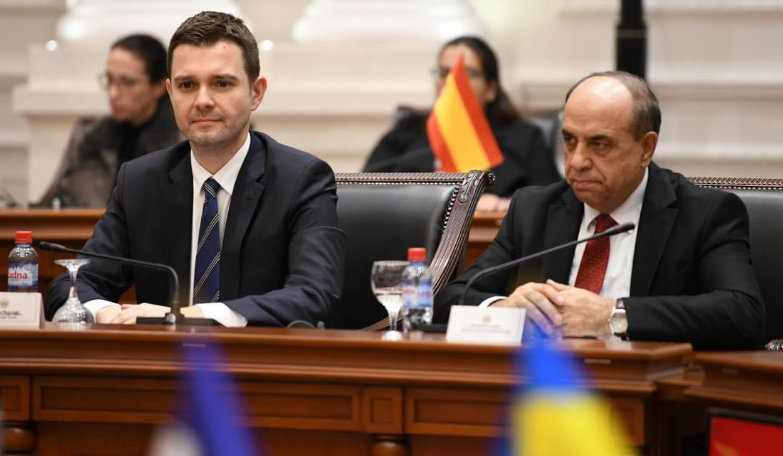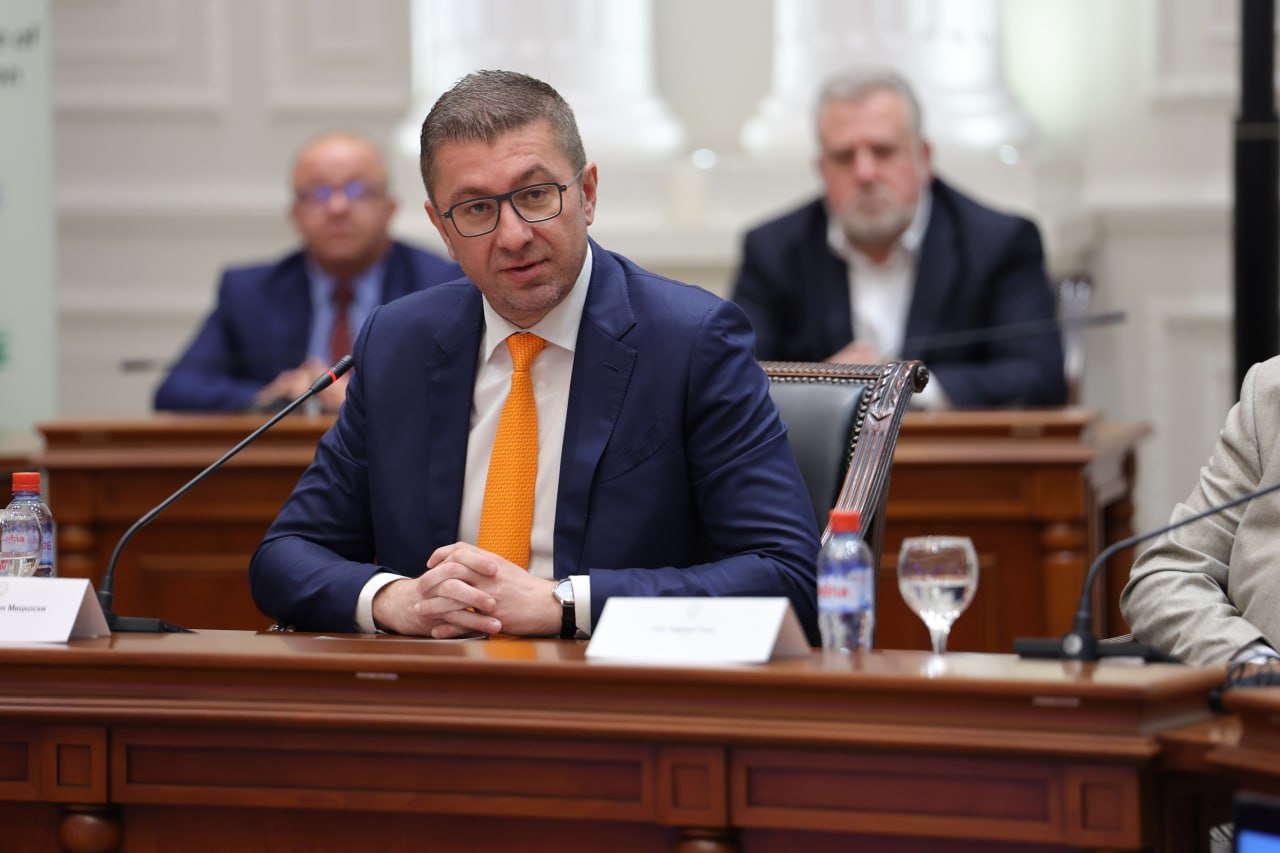A policeman arrested a young Rom driving without a valdi drivers’ license. Then it is found that the policeman didn’t have one either.
Now there are apparently protests in Macedonia, mostly from the Roma community, asking for being allowed to drive without a license. Soounds really weird and needs to be cross checked.
- Велики ромски протест: Траже да возе без возачке дозволе. In: ATV BL. 07.02.2026. https://atvbl.rs/vijesti/region/veliki-romski-protest-traze-da-voze-bez-vozacke-dozvole/2241473
